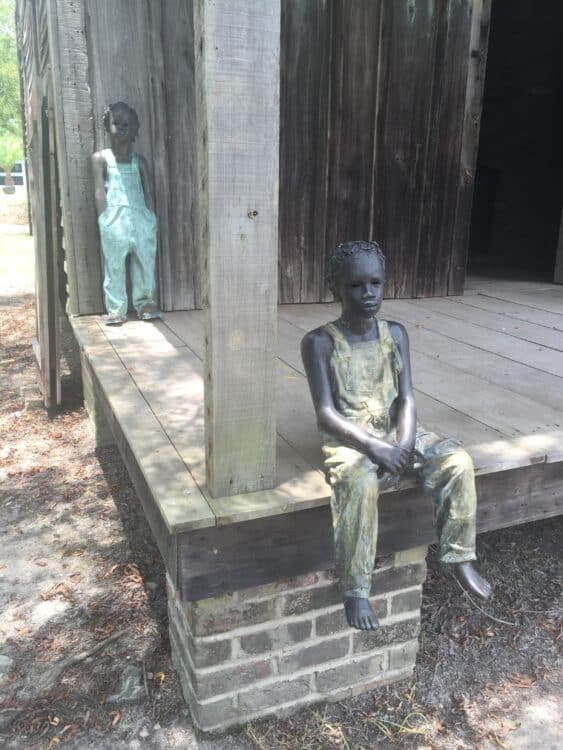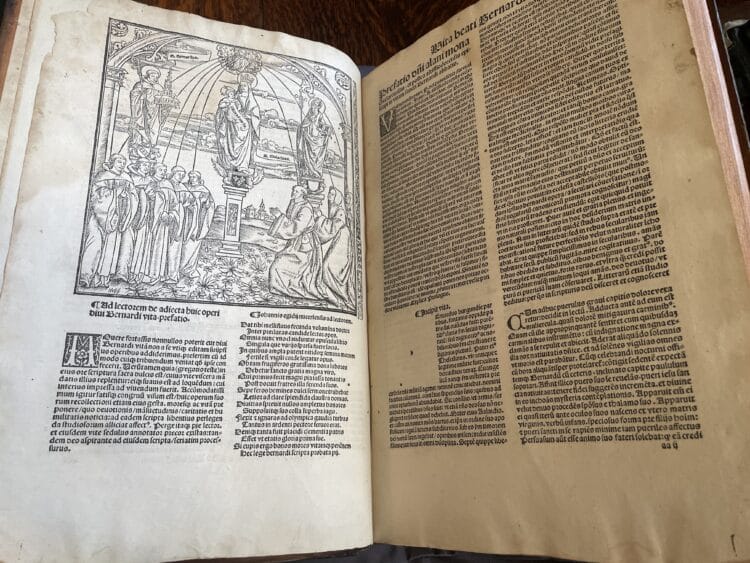"Pusey's Henchman": a Tractarian at the Hall
29 May 2019|Rob Petre
- Library, Arts & Archives
Henry Parry Liddon (1829-1890), who had a long and at times controversial career in the Church of England, was Vice-Principal of St Edmund Hall between 1859 and 1862. His time at the Hall was short, but not without incident.
Liddon was a firm believer in High Church principles; being many years younger than the progenitors of the Oxford Movement (men like John Keble, Edward Pusey and John Henry Newman) he was a devoted follower of their teaching, and his correspondence with Keble and Pusey kept up the Oxford link when the older men had left Oxford for parishes in the country (or in the case of Manning and Newman, left the Anglican church).
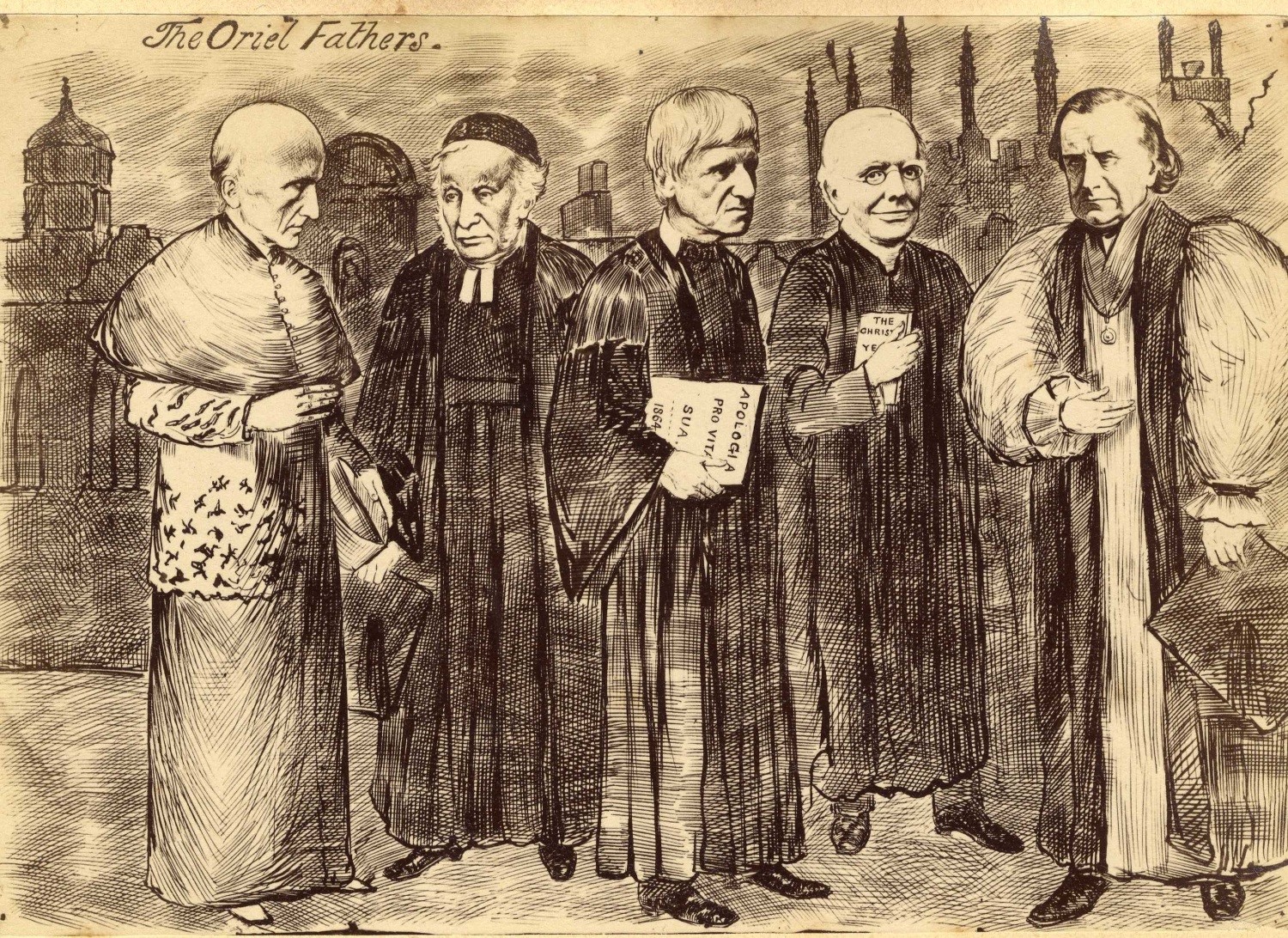
Sadly, Liddon’s archives are scattered across the country, and in Oxford there are three major collections, at the Bodleian Library, Keble College and Pusey House – there is nothing here at Teddy Hall. I was lucky enough to be allowed access to Liddon’s diaries at Pusey House, where I transcribed the entries relating to his Hall days. His main concerns in the entries on the Hall are the welfare of undergraduates and the state of religion among the students.
Undergraduates
It is a strange thing, but Liddon only came to the Hall because he was considered too dangerous to be left in charge of the clergy-in-training at Cuddesdon – his Anglo-Catholic ways were seen to be corrupting the new generation of Anglican clergy. However, the powers-that-be decided that the undergraduates of Teddy Hall were not susceptible in the same way. He describes his ‘low spirits’ at the prospect of the Hall, but soon settled in. His teaching may not have been that good to start with; he overheard one student, William Lowder, compare him “disadvantageously to his coach”. Liddon did not mind, and told Lowder that his criticism would spur him to improve. In fact, Liddon may not have been a great teacher – in 1862 only one Hall man out of six passed Moderations, and the others were “plucked”. His lectures on the New Testament in Greek were so popular that they outgrew the Hall and had to move to Christ Church, but perhaps tutorials were not his thing. Principal Barrow also asked Liddon to get more involved with the lives of the students, and from October 1860 his diaries are full of the details of his breakfasts with up to 12 undergraduates at a time; and in 1862 he invited the Boat Club to dine with him during Eights Week.
At some point in his tenure a photograph was taken of Liddon with a group of undergraduates in the Front Quad; it is the earliest photograph of the Hall that I know of, but no name key survives to tell us who is with him. It was donated to the Hall by his nieces.
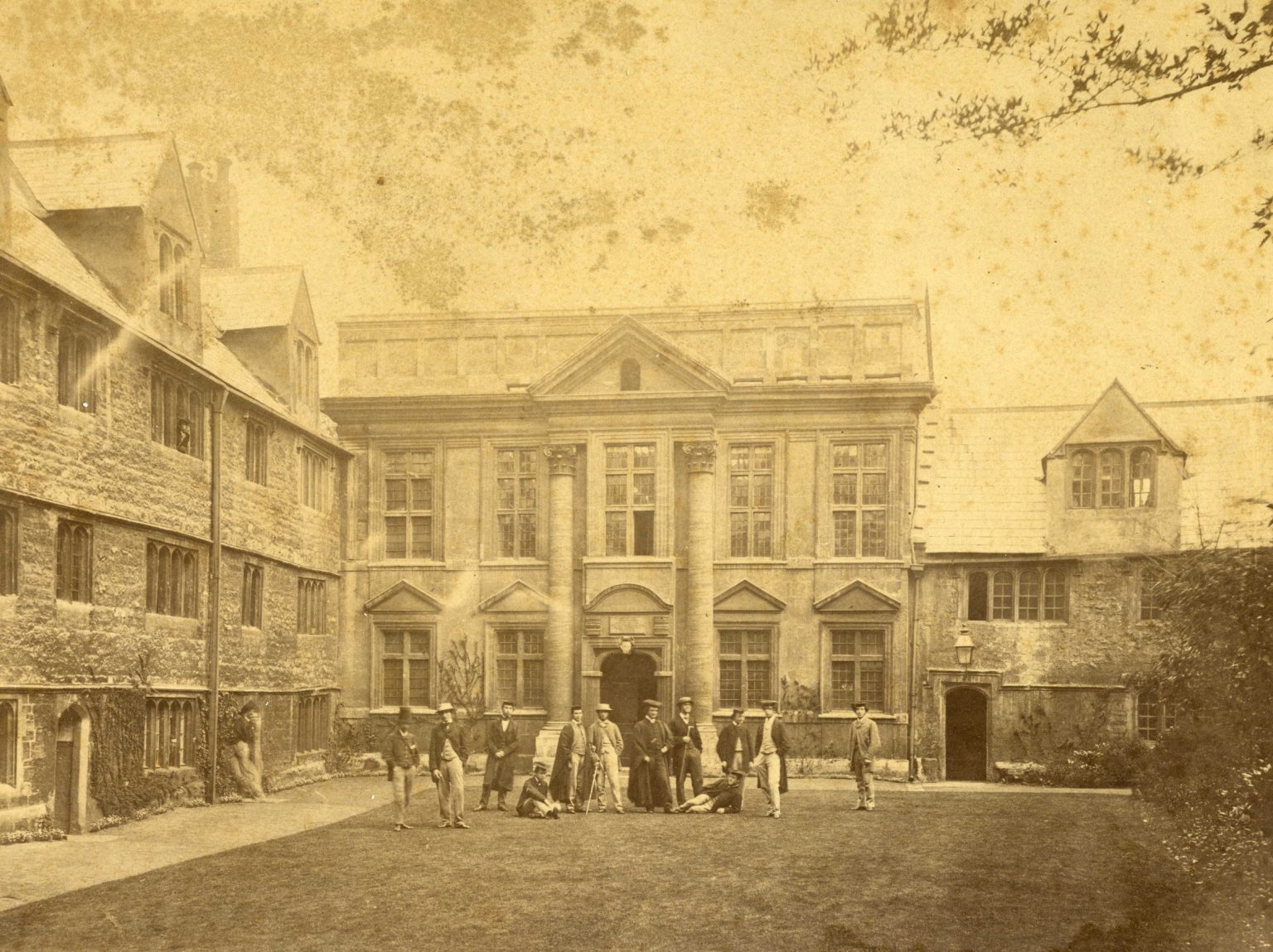
In his capacity as Vice-Principal, Liddon was concerned with the discipline of the students. On 29 Jan 1862 he spoke “very severely to Claxton about his smoking & about his idleness & reckless want of principle”, and he had to step in again later that year when Dampier and Milner broke into the room of Biggs, cutting off his beard with scissors and a knife. It is not made clear what the problem was – all three men went on to have careers in the church, and it seems a little early for Hearties v Aesthetes – and an apology was deemed sufficient, although Liddon noted that he “shall rusticate the next time”.
Religion
One effect that Liddon had on the Hall was in taking services in the Chapel in a more High Church direction; for example, he moved the position of the altar, and during communion services he celebrated facing east. On one occasion he questioned the Hall messenger boy, William Taylor, on his beliefs (but Taylor was “sadly ignorant of Divine Truth”) and he accompanied the Proctors’ Bulldogs on patrol, talking to apprehended prostitutes about the state of their souls. (The day after he spoke to the prostitutes, he had tea with the Prince of Wales – Liddon did not record if they spoke of souls on this occasion).
Liddon took attendance at Chapel services very seriously. On 22 Feb 1860 he found that four men did not attend Chapel that Sunday morning. Three of them were sent off to find a local parish service, but one William Livius refused to go. Liddon sent him down, but by Monday Livius submitted and all was forgotten. Livius took his BA on 30 May that year, and may have taken holy orders himself, as he is described in the Alumni Oxonienses as Rev. William Grinfield Livius. The idle, smoking Claxton also received an imposition for missing Chapel.
Legacy
Liddon continued to take services at the Hall until May 1863, although he was no longer Vice-Principal; his active time here covers only 1859 to 1862, but his effect was profound. The Church Society, for men wishing to become clergymen, was re-named in his honour, Henry Marriott Paget’s portrait of him hangs in the Old Dining Hall and an exhibition was founded in his memory. In addition, his family donated to the Hall some of his letters and papers (now in the Bodleian), as well as the photograph shown above.
Read more on our blog
Category: Library, Arts & Archives
Author
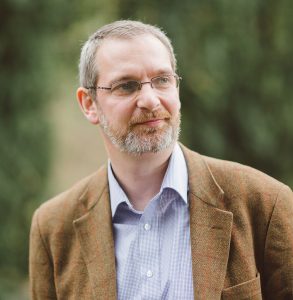
Rob
Petre
Rob is the College Archivist. His role is to preserve the documentary heritage of St Edmund Hall and to try and answer questions on any aspect of the Hall’s history with reference to our archive collection.
